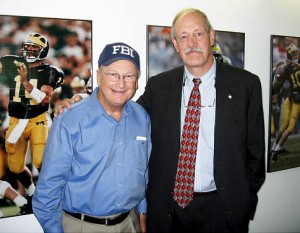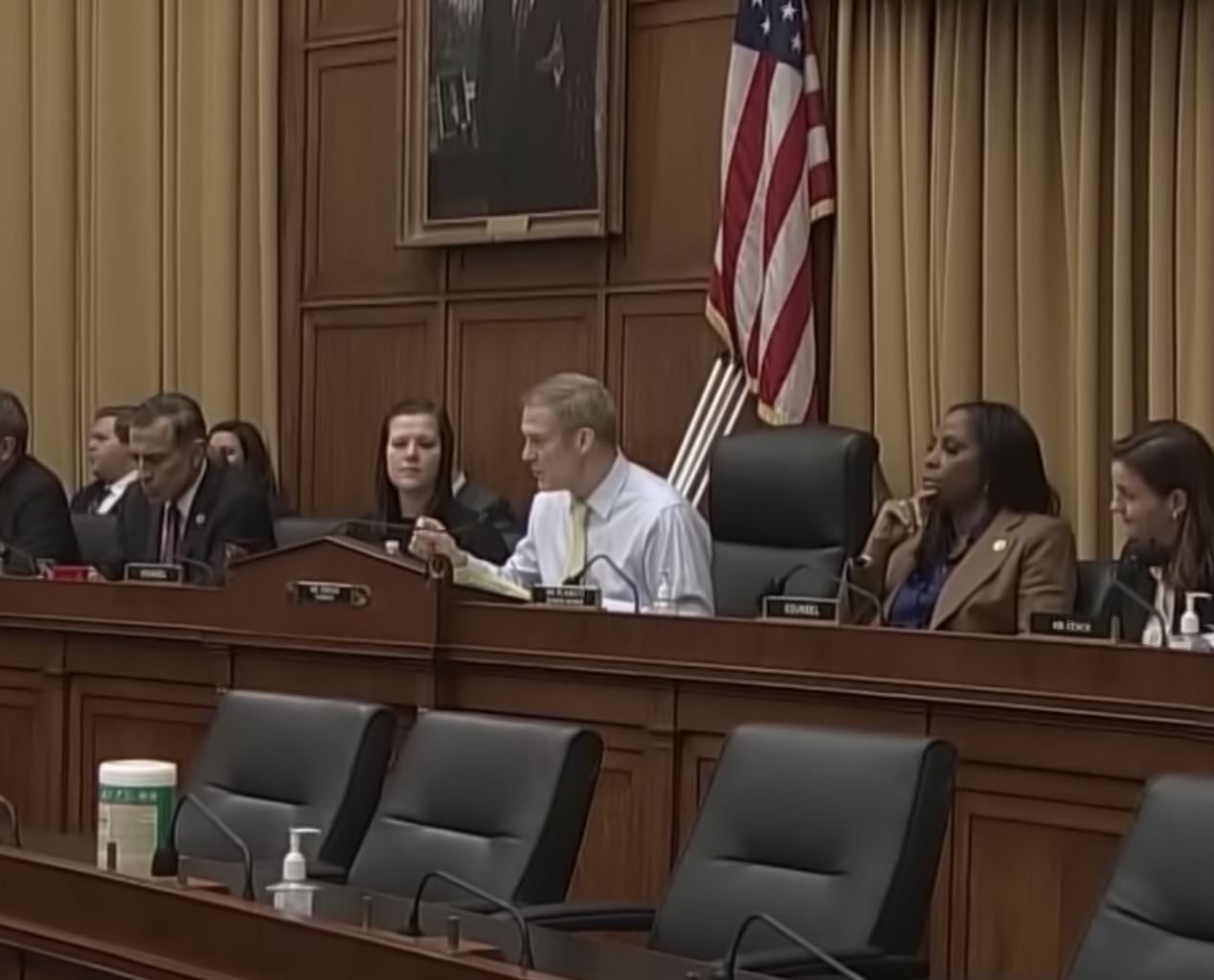
In the summer of 2004, a Senate sub-committee, chaired by Senators Charles Grassley and Joseph Biden held a hearing regarding the prevalence of steroids in sports. I had helped arrange for two of the witnesses who testified at this hearing.
One was Curtis Wenzlaff, a convicted steroid dealer, who had supplied steroids to Jose Canseco and Mark McGwire. Wenzlaff had been prosecuted as part of an FBI undercover operation (UCO) targeting illegal distribution of steroids, codenamed Equine.
It was the late Michigan football coaching legend, Bo Schembechler, that urged our FBI office in Michigan to initiate our steroid UCO in 1989. Schembechler was concerned not only about the prevalence of steroids in college football, but indications that performance-enhancing drugs were being used by high school players as well.
During the ’04 hearing, Wenzlaff testified that the short-term incentives for using steroids were perceived by young competitive athletes to be far greater than the potential health risks later in life – the classic Faustian bargain. Wenzlaff testified that among other incentives, athletes would readily use PEDs if the end result were securing a multi-million dollar playing contract.
The other witness I arranged to appear was the “Mystery Man,” which the Daily News dubbed in their coverage of the hearing. The mystery witness was never identified, wore a hood as he entered the hearing room, and had his voice modified electronically. He was a 4-year football player from a prominent Division-I program, whose last season was 2003. The mystery witness testified that “it became evident that many players on my team were using steroids at some time during their career.” One player was supplying seven to eight other players, according to the witness. He also testified that he knew of players on other Div-I teams using steroids.

The NCAA had already begun to recognize there was a problem; in 1996 the NCAA instituted random, year-round testing with relatively stringent penalties for positive tests – a one-season suspension for a first positive test and permanent ineligibility for a second. The tests are, in theory, unannounced, but athletes can often know up to two days’ in advance. (Steroids are generally clear of a individual’s system within 24-72 hrs. Anabolic steroids are a specific type of steroid that promotes muscle growth, and not all steroids are anabolic. Steroids referred to in this column are anabolic.) The NCAA’s current position is that steroid use is no longer a problem with college athletes. In support of their conclusion they point to less than 1% failure rate on their tests.
In a recent Associated Press article about the continued use of anabolic steroids in college football, the report relied on research that catalogued weight gain of different football players. Extraordinary weight gain by athletes can be an indication of steroid use. Citing training experts, the report said, “Adding more than 20 or 25 lbs. of lean muscle in a year is nearly impossible through diet and exercise alone.” The report also relied on interviews of players who admitted to steroid use or knew of other players using steroids.
Steroid use by college football players affects the integrity of the game. It gives those players and their teams a competitive advantage, and it also puts pressure on other players and their teams to use steroids. This “arms war” mentality filters down to high school players thinking they have to use steroids to play at the next level.
Some football programs, while not explicitly, encourage steroid use. Some schools do testing in addition to the NCAA testing. But it is not required to report positive drug test results and penalties vary and are not nearly as stringent as those imposed by the NCAA. This leads to a patchwork of testing with some schools trying to eliminate steroid use and others just making a show of addressing its use.
I think the resolution should be that NCAA institute a much more rigorous testing regimen. That would mean more random testing, and testing for just cause (based on extraordinary weight gain and/or symptoms of steroid use).The NCAA can afford the increased costs associated with these measures. With the NCAA conducting all the testing, it will insure the testing and penalties are uniformly applied.
I saw firsthand what happened when MLB ignored warnings about prevalence of steroid use in baseball in the mid-‘90s. I hope the NCAA doesn’t repeat their mistake.




